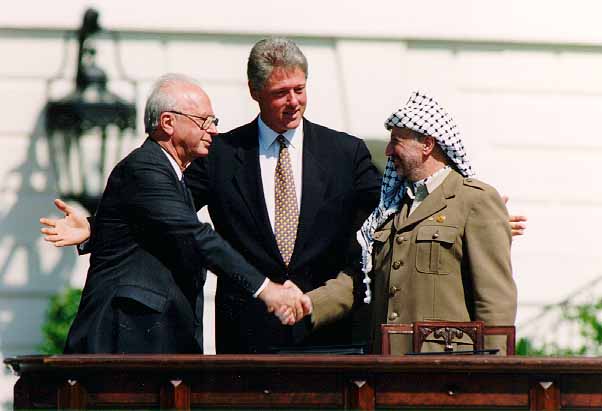A new direction for Palestine
https://arab.news/bjw6g

The deal between the UAE and Israel is an aberration, but still can be an opportunity for the Palestinians. It should propel them toward a major rethink. Old ways of placing all bets on the Arab peace plan, international law and the benevolence of leaders in world capitals simply will not work anymore.
Palestinians have suffered much and deserve more, but relying on diplomacy alone — as President Mahmoud Abbas has stubbornly done — has proven to be a waste of time and effort.
The Palestinian right to freedom and liberty needs a serious revisit. Are Palestinians still committed to the two-state solution, with all its imperfections, or should the idea of a single state between the river and the sea, with equal rights, be given a second look?
For now, most Israelis firmly oppose any deal that will dilute their Zionist dream of a Jewish state. Everyone knows that this can’t happen any time soon. At the same time almost 2 million Palestinians who are citizens of Israel have a hard time with the opening line of the Israeli national anthem: “As long as in the heart within, the Jewish soul yearns.”
This means that while the idea of a single state with equal rights might be attractive to Palestinians, on both sides of the green line, it is unlikely to happen in the near or medium term.
So the question that Palestinians need to answer is whether they are ready to forfeit for the next decade or more any chance of freedom in the hope of getting the Israelis to change, or if the majority still wants to give the two-state solution a chance.
Regardless of which ultimate goal Palestinians choose, an important question needs to be answered: What is the mechanism to accomplish their goals?
Palestinians have tried armed struggle under the Palestine Liberation Organization (PLO), unarmed intifada under local leadership, suicide attacks, amateur rockets, incendiary balloons by Hamas, and Abbas’s diplomacy. None has brought any serious results, with the partial exception of the intifada and the Oslo process. Many believe that the Oslo agreement has made things worse because it has given a false sense of peace while the basic occupation and colonial settlement enterprise have not been dismantled.
Palestinian intellectuals and supporters around the world have given their backing to the Boycott, Divestment and Sanctions movement, but the PLO until recently has said that it will not boycott Israel with which it signed the Oslo Accord.
Now Palestinians have argued that Israeli violations of that agreement and their refusal to move meaningfully from the interim phase to the permanent phase have made the Oslo treaty obsolete. But while Abbas has washed his hands of Oslo, he is still placing all his eggs in one diplomatic basket, hoping that some international intervention, the International Criminal Court or a new US president will somehow make Israel abandon its occupation.
With the UAE breaking rank, the 2002 Saudi-proposed Arab Peace Initiative — which offered Israel normalization with 57 Arab and majority Muslim countries if it withdrew to its 1967 borders — is now in the intensive care unit. The June 2019 Bahrain workshop and President Donald Trump’s 2020 vision basically mean that accomplishing the two-state solution based on the 1967 borders and with the present balance of power is a pipe dream.
To move forward Palestinians need clear and agreed mechanisms, and legitimate leaders who can push for these goals.
Daoud Kuttab
To move forward Palestinians need a new direction, clear and agreed mechanisms, and legitimate leaders who can push for these goals.
None of that can happen until Palestinians inside and outside the occupied territories are able to take part in new elections. The PLO’s National Council provides the perfect umbrella for such a poll and the lesson of the coronavirus pandemic is that an election need not be held physically. Electronic voting will overcome possible Israeli prevention of Jerusalem residents participating, a veto by Hamas in Gaza or opposition by any country where Palestinians are living.
Elections can help us understand the goals of most Palestinians, the mechanism to achieve those aims — and the leaders who will help accomplish them.
The shock of the UAE-Israel deal could be the best thing that has happened to Palestine if it can be turned into an opportunity for Palestinians to speak their minds and determine their future by themselves.
- Daoud Kuttab is an award-winning Palestinian journalist and former Ferris Professor of Journalism at Princeton University. Twitter @daoudkuttab









































